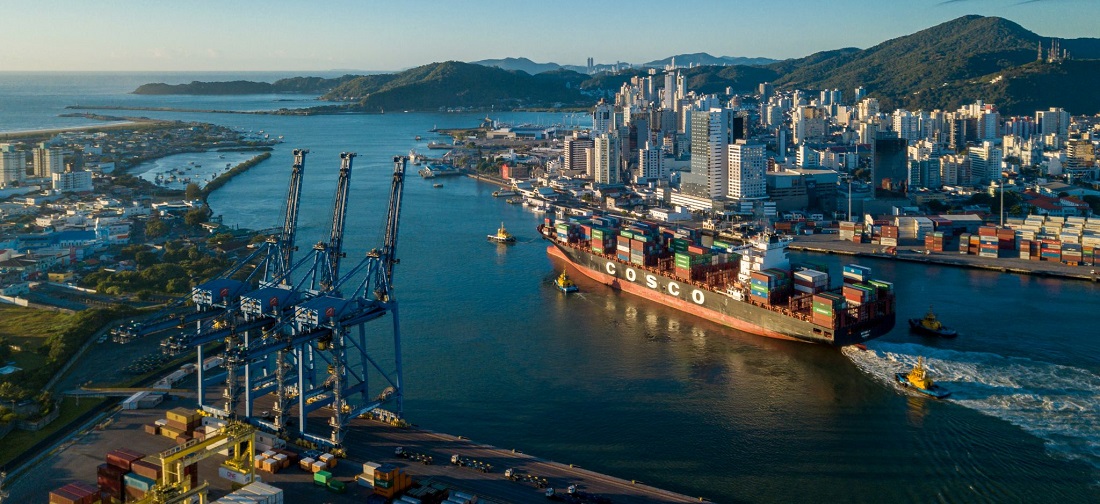
Brazil’s manufacturing industry deficit worsens while sales lose sophistication
Feb, 07, 2022 Posted by Gabriel MalheirosWeek 202206
While the overall trade balance ended 2021 with a record surplus, Brazil’s manufacturing industry deficit increased to $53.3 billion, the worst result since 2015. According to the Institute for Industrial Development Studies (Iedi in Portuguese) data, the negative balance in the pre-pandemic period was $42 billion in 2019.
On the other hand, the Brazilian Trade Association (AEB) found different figures. According to their data, the deficit in manufactured goods reached US$ 111 billion in 2021, the worst result since – at least – 2000. The difference in numbers was almost US$40 billion compared to 2019 when the deficit was US$82.7 billion.
The deficit in Brazil’s manufacturing industry in 2021 deepened regardless of the 26.3% increase in exports compared to 2020. In comparison to 2019, the increase was 14%. Imports, however, grew at a faster pace. As a result, from 2020 to 2021, Brazilian foreign purchases advanced 35.1%.
“It is also important to note that the bar set to this comparison is low,” says Rafael Cagnin, an economist at Iedi. In 2019, the manufacturing industry’s exports had fallen by 5.2% compared to the previous year owing to the trade war between the U.S. and China and the weakening of the Argentina economy.
More than the size of the deficit, Cagnin is concerned about the rapid deterioration of more technologically advanced activities, which are critical not only for economic dynamism but also for more significant insertion into global production chains.
Iedi’s data since 1997 show that, in 2013, the manufacturing industry had its worst deficit (US$ 65.3 billion). In that year, the medium-high and high-tech sectors accounted for 36.1% of total manufacturing industry exports. Last year the share was 27.6%, including aircraft, pharmaceutical, automobile, and electrical machinery production.
High technology sectors, in particular, decreased from 6.4 percent to 3.9% in size and relevance, according to Cagnin. Also according to him, the aircraft industry is still feeling the effects of the covid-19 pandemic though the industry had already been affected before that.
Source: Valor Econômico
To read the full original article, please see the link:
-
Meat
Jul, 30, 2024
0
Beef exports from Argentina up 11% from prior June
-
Ports and Terminals
Jan, 30, 2024
0
MRS to take trains into the Port of Rio
-
Ports and Terminals
May, 05, 2022
0
Itapoá became the only port in Santa Catarina to offer the ASAS Service
-
Ports and Terminals
Apr, 15, 2019
0
Paranaguá Port expects investments of R$103m in new pulp area



